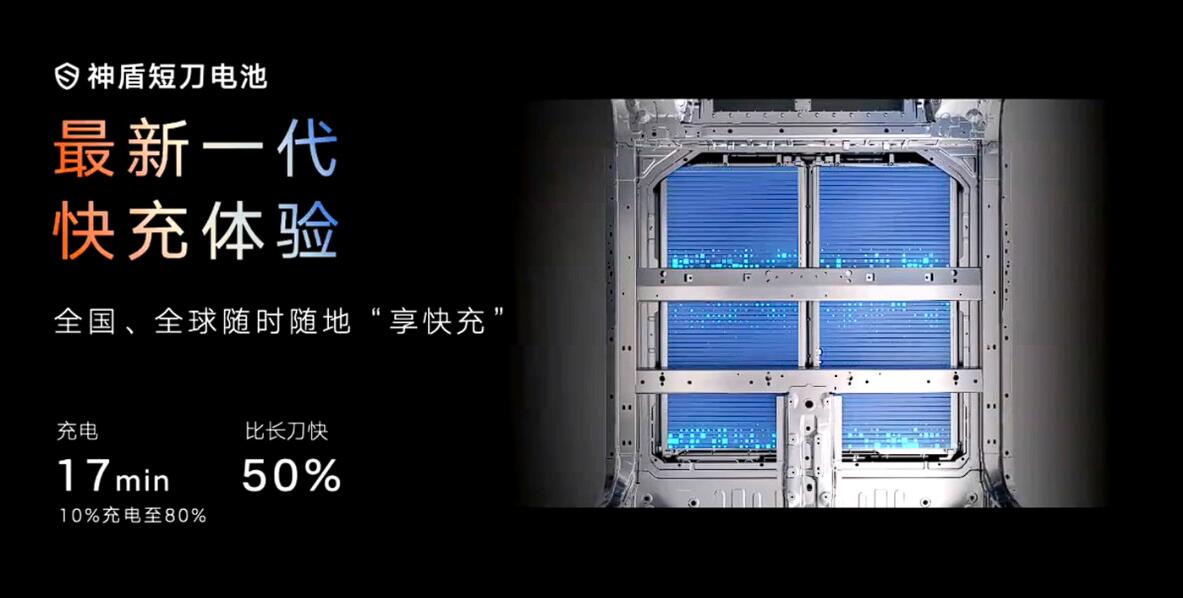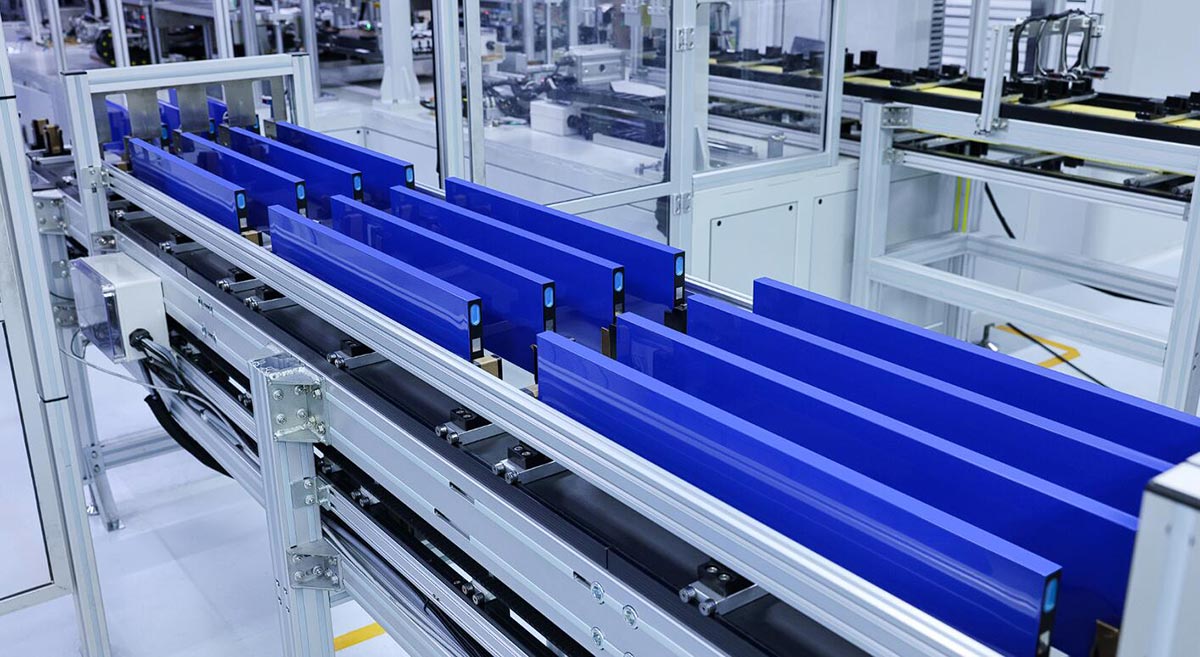In a move that challenges the dominance of battery giants CATL and BYD, Chinese carmakers are increasingly investing in homegrown technology.
Geely, the company behind Volvo and Polestar, is the latest to enter the fray with its Aegis Short Blade.
This LFP battery directly targets established players like BYD’s Blade Battery 2.0 and CATL’s Shenxing, all vying for a piece of the LFP battery market.
Lauded for their safety and longevity, LFP batteries are poised to become the go-to power source for the future of electric vehicles.
Previously held back by lower energy density, advancements are rapidly transforming LFP cells into compelling alternatives for all but the most extreme performance-oriented EVs.
Geely’s announcement exemplifies this shift, boasting a new LFP cell that promises to stand toe-to-toe with the best offerings from industry leaders.

This strategic move underscores Geely’s commitment to the electric vehicle market, even though the brand itself isn’t synonymous with EVs.
Other companies within the Geely umbrella, like Volvo and Polestar, are already well-established players in the electric car space, making in-house battery development a natural progression.
This next-generation battery boasts superior charging speeds, achieving an 80% charge in just 17 minutes significantly faster than competitor batteries which take around 26 minutes.
The Aegis also defies the challenges of cold weather, retaining over 90% of its capacity at -30°C, compared to just 79% for competing technologies.
Safety is paramount with the Aegis, featuring innovative features like self-fusing tech to prevent electrical shorts and a heat-resistant diaphragm for exceptional thermal stability.
The Geely Galaxy E5 SUV, launching in August, will be the first to benefit from this groundbreaking battery. With two battery pack options offering a range of up to 530 km, the E5 is poised to redefine electric driving.

